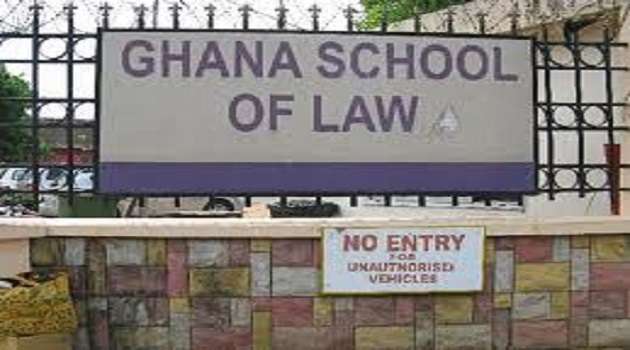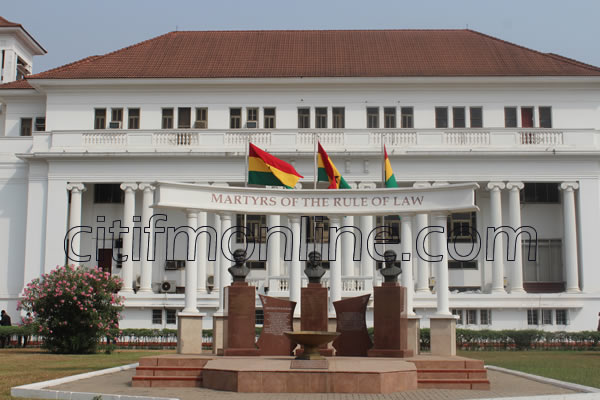A private legal practitioner, Rainer Akumperigya has questioned the Supreme Court’s judgment on the case brought before it against the Ghana Law School on the mode of admitting students into the institution.
Although he said the Supreme Court’s judgment does not nullify the case, according to the lawyer, the High Court should have been the right place for the case to be litigated because the reliefs sought by the plaintiff did not bother directly on “constitutional matters.”
The Supreme Court on Thursday declared as unconstitutional the requirement by the General Legal Council asking applicants to the Ghana Law School to undertake an examination and subsequent interview before admission.

[contextly_sidebar id=”TVuYwp6XExA3YcOdP53rLBuxBs87YxtB”]According to the court, in a case brought before it by Professor Kwaku Asare, a United States-based Ghanaian lawyer, in 2015, the requirements were in violation of the Legislative Instrument 1296 which gives direction for the mode of admission.
But speaking on Citi FM’s news analysis programme, The Big Issue on Saturday, Lawyer Akumperigya explained that the Supreme Court assumed what he described as a “doubtful jurisdiction” of the case and should have thus relinquished judgment to the high court.
“This is one of the matters the High Court could have assumed proper jurisdiction because to me it borders on administrative law and the use of discretionary power. The High Court is empowered under Article 33 to determine this issue. My view is that the High Court could have assumed proper jurisdiction on this matter and dealt with it,” he added.
“What the Supreme Court did borders on the concept of what we call judicial review so matters of constitutionality, its interpretation and enforcement lies within the remit of the Supreme Court which is why the supreme law of the land confers it with original jurisdiction. So anytime the Supreme Court is exercising its original jurisdiction on matters of constitutionalism, whether it relates to enforcement or interpretation, then they must be matters that flow directly from the constitution itself and not ancillary to it. It’s a general principle of law that if a higher court has jurisdiction on a matter and the lower court also has jurisdiction on the same matter, the higher court should be relinquished for the lower court because obviously matters that are determined at the lower court will eventually will could eventually end up at the higher court,” he added.

Prof. Asare who took the matter to the Supreme Court challenged the legality of the modes of admission used by the Ghana School of Law and argued that the number of people who were admitted into the school was woefully small considering the number of people who possessed LLB from the various universities in the country.
The Ghana Law School has been criticized for being overly rigid considering that it serves 12 schools providing LLB degrees.
The current training regime limits the intake into the Ghana Law School to under 500 of the about 2000 LLB students who graduate annually.
But the Justices in delivering their judgment, also indicated that their order should not take retrospective effect, but should be implemented in six months, when admissions for the 2018 academic year begins.
–
By: Godwin Akweiteh Allotey/citifmonline.com/Ghana
Follow @AlloteyGodwin

